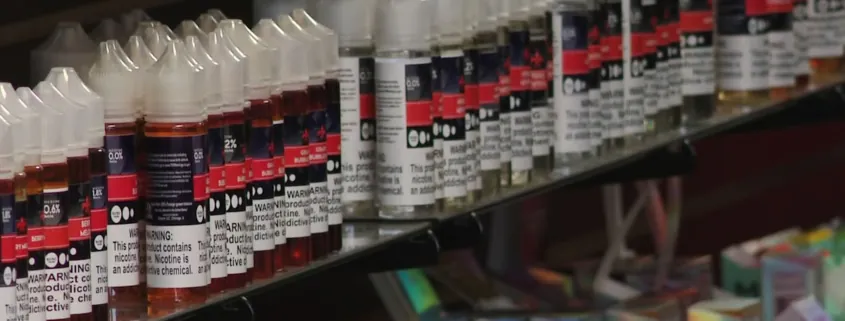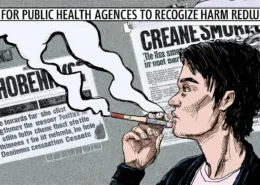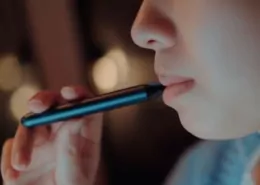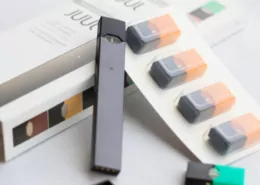Kentucky Introduces New Vape Restrictions, Limiting Sales to FDA-Approved Products
House Bill 11 Aims to Curb Youth Vaping, Forcing Retailers to Cut Back on Inventory
Starting January 1, 2025, Kentucky will implement new vape restrictions for retailers, limiting sales to products that have received authorization from the U.S. Food and Drug Administration (FDA) or have a “safe harbor certification.” The move, which aims to curb youth vaping in the state, is forcing businesses to reduce their inventory and select from a limited list of approved vapes.
Derb E Cigs owner Troy LeBlanc, holding a vape that would be banned for sale in two weeks, expressed concerns over the impact of the restrictions on his business. “Jobs are gonna be lost. We’re gonna close down several stores. And a lot of our customers are either gonna have to go way up in nicotine, go to smoking, or buy things illegally online,” he said.
LeBlanc plans to open a new location in Jeffersonville, Indiana, the same month the restrictions take effect, in an attempt to salvage as many jobs as possible.
Under the new law, retailers can only sell vape products that have received FDA authorization or have a “safe harbor certification.” This certification, provided by a manufacturer, establishes that a vapor product is a nicotine product containing tobacco-derived nicotine that was commercially marketed in the United States as of August 8, 2016, and meets specific criteria regarding premarket tobacco product applications.
To date, the FDA has only approved 34 vape product applications out of more than a million submitted.
Altria, a tobacco company and parent of NJOY, one of only three manufacturers on the FDA’s list of authorized e-cig products, spent around $70,000 lobbying in Frankfort ahead of the bill’s passage in the 2024 legislative session. The company stated that “the US has been flooded with e-vapor products that are in violation of federal law” and that “States like Kentucky are passing e-vapor product directory legislation to address this issue and the threat it poses for consumer safety and youth access.”
Manufacturers providing false or misleading information about their authorization status face fines of $25,000 for the first citation, $50,000 for the second, and $75,000 for a third or subsequent citation.
The law also introduces fines for businesses caught selling vapes to anyone under 21, with a fourth strike resulting in the loss of the ability to sell vape products for a year. State Senator Jimmy Higdon, who voted against HB11, plans to add more enforcement and tools in the 2025 legislative session to prevent underage vaping, including a license requirement to fund inspections.
In April, four retailers filed a lawsuit against the state, arguing that HB11 would make most of their stock illegal and put them out of business. However, Franklin County Circuit Judge Thomas Wingate dismissed the lawsuit, stating that the action by lawmakers amounted to a “legitimate state interest” and was “well within the scope of the General Assembly’s police power over the health and safety” of Kentucky citizens.
- Nicotine Pouches Illegal in Australia Without Prescription - August 12, 2025
- Vaping Trends in 2025: Flavors, Tech, and Regulations to Watch - August 12, 2025
- Is It Illegal to Vape or Smoke While Driving in the UK? - August 11, 2025







